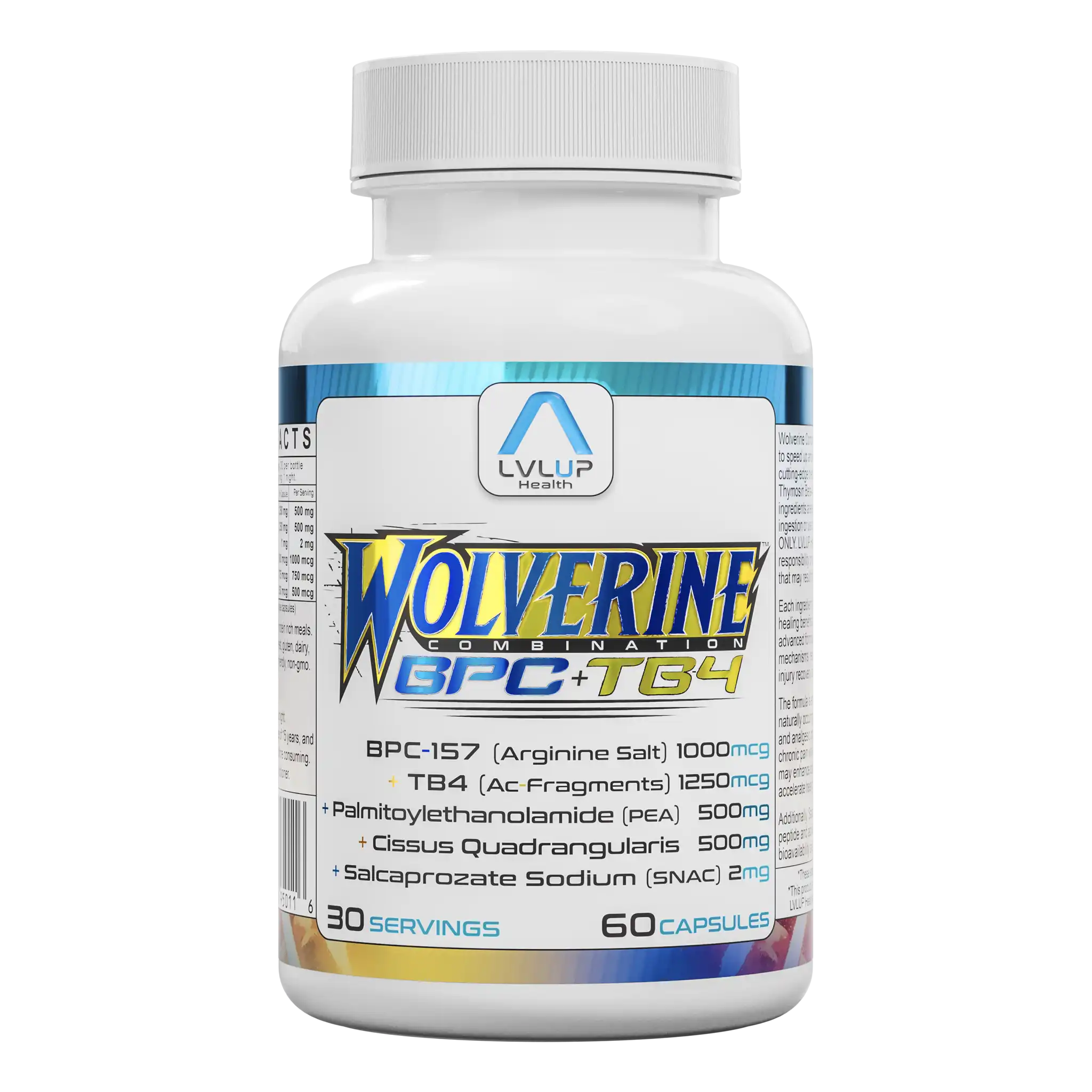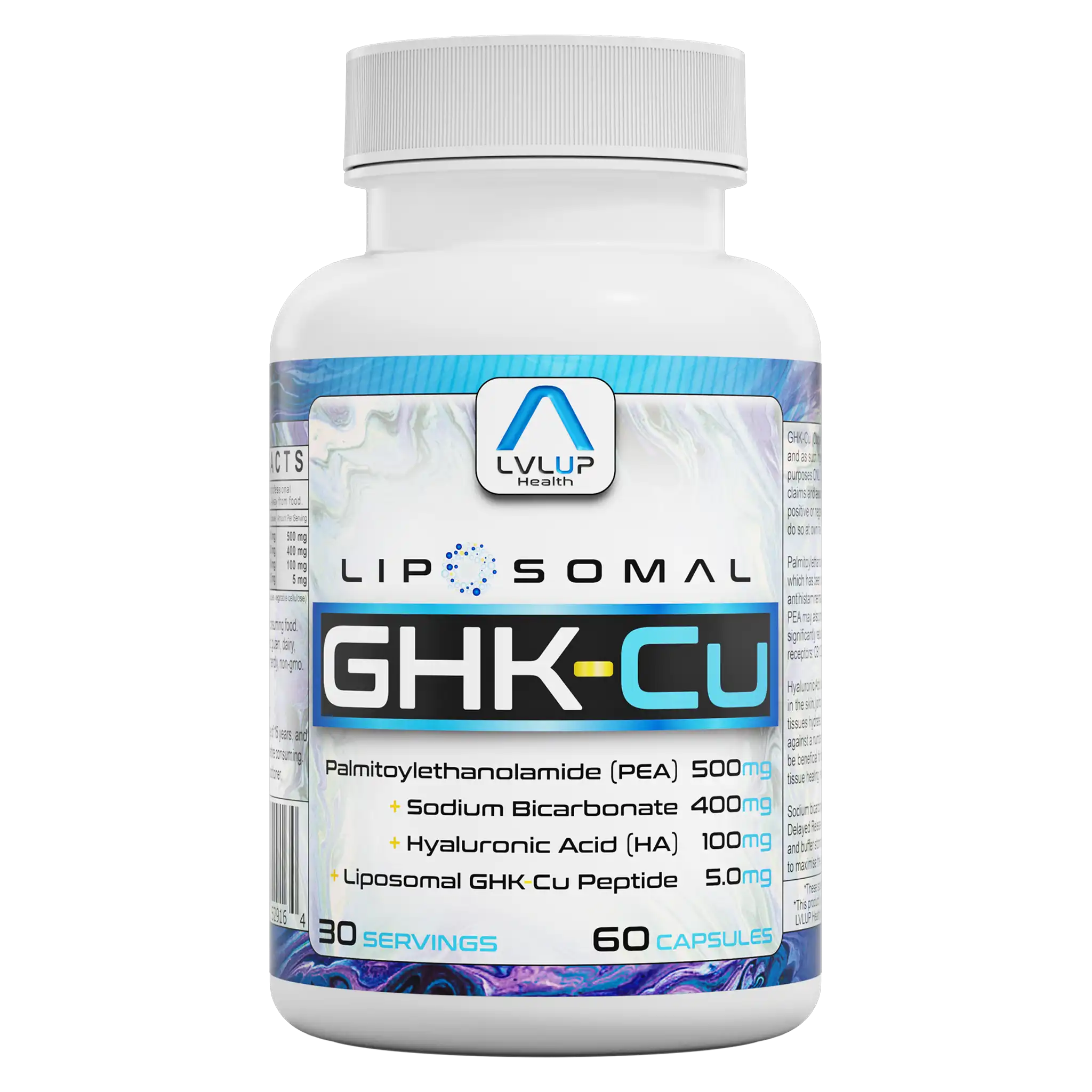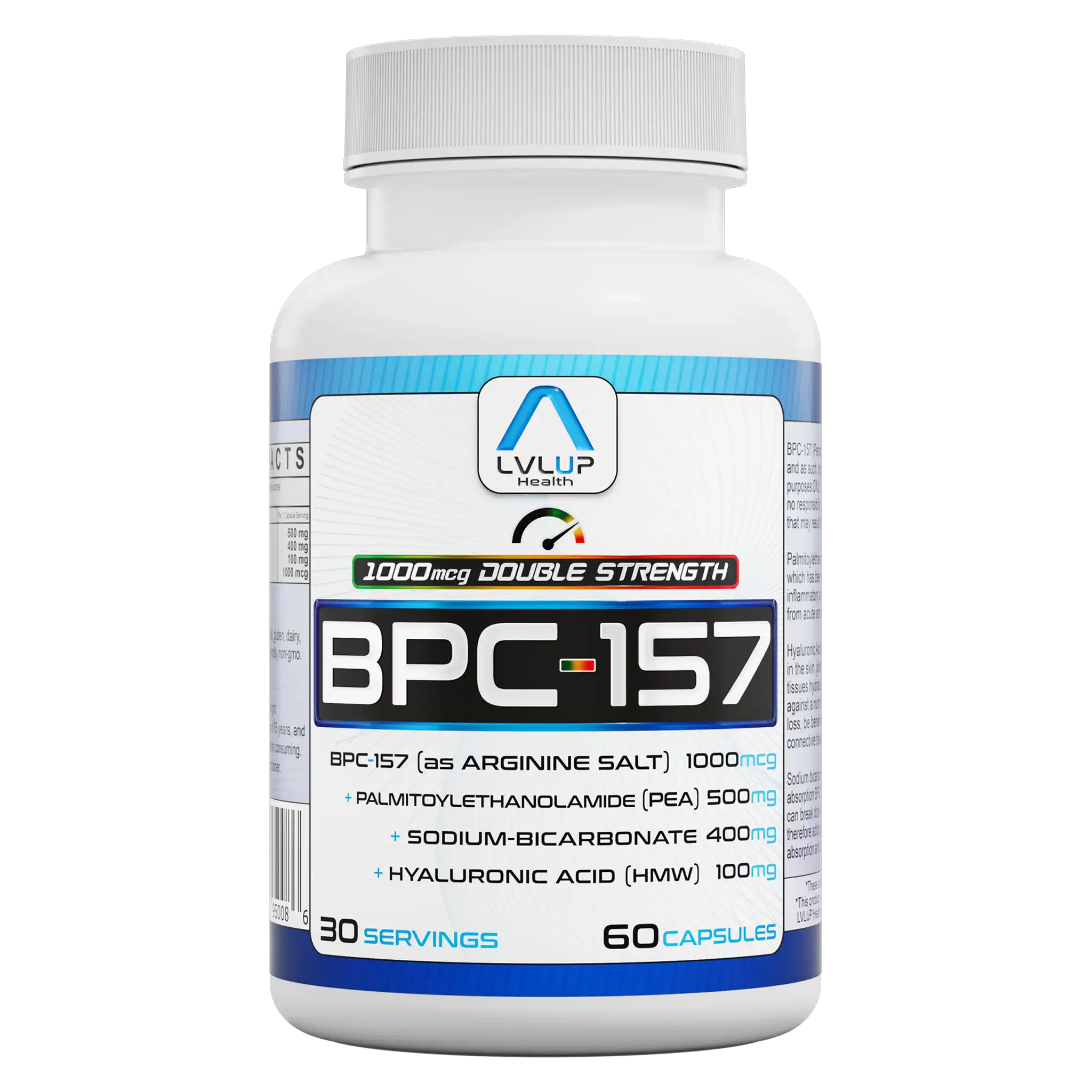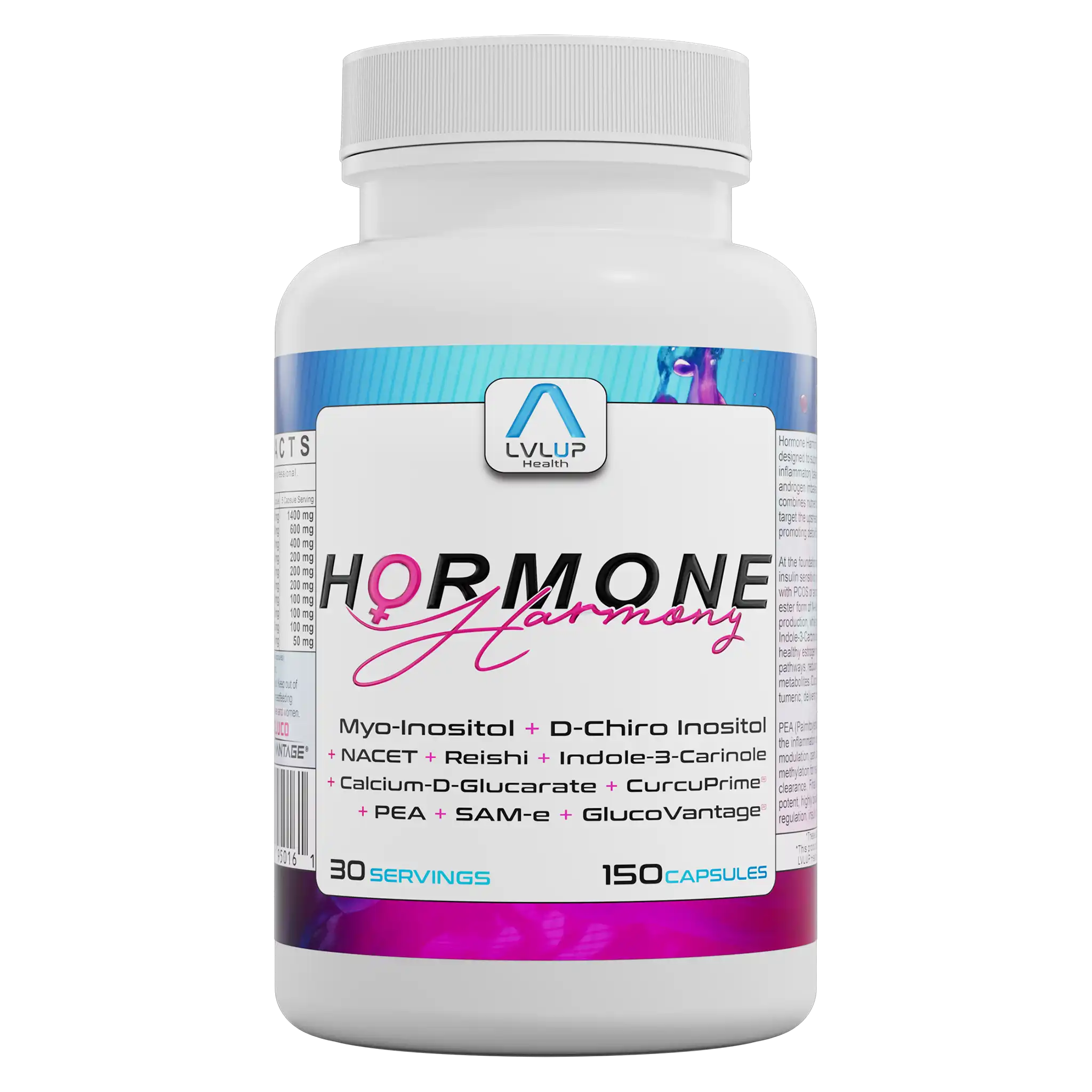D(+)-Chiro-Inositol
About D(+)-Chiro-Inositol
What is D(+)-Chiro-Inositol?
D(+)-Chiro-Inositol belongs to the inositol family – a group of compounds found throughout the human body, especially in tissues sensitive to insulin. Structurally, it’s a stereoisomer of inositol, meaning it shares the same molecular formula as other types but has a distinct arrangement. This small difference gives it unique biological properties.
Why is it used in supplements?
Supplement formulations use D(+)-Chiro-Inositol primarily for its documented influence on hormonal pathways, especially those linked to insulin and reproductive hormone signaling. Several studies have investigated its potential applications for people wishing to promote healthy glucose metabolism or address hormonal imbalances.
Real-world applications
In real-world terms, you’ll see D(+)-Chiro-Inositol included in precision-dosed products aimed at supporting overall hormone harmony and metabolic health. For those who track their wellness metrics or follow biohacking practices, this compound fits well with evidence-focused protocols for daily support.
Found In
Formulated With
Detailed Information
Chemical Structure and Function
Chemically designated as (1R,2R,3S,4S,5R,6S)-Cyclohexane-1,2,3,4,5,6-hexol, D(+)-Chiro-Inositol is a stereoisomer distinct from myo-inositol due to the spatial orientation of its hydroxyl groups. In mammalian physiology, DCI functions as an intracellular second messenger directly involved in the insulin signaling cascade through its role as part of inositolphosphoglycan mediators.
Role in Metabolic Processes
Research indicates that DCI may compensate for impaired insulin sensitivity by modulating key enzymatic steps within the phosphatidylinositol 3-kinase pathway and glycogen synthase activation. It also appears relevant to ovarian tissue function via its mediation of FSH and LH activity; deficiencies or altered epimerization from myo-inositol have been documented in specific pathophysiological states. The majority of peer-reviewed literature investigates oral supplementation dosed between 300–1200 mg/day across various cohorts experiencing functional hormonal imbalance or metabolic disturbance.






